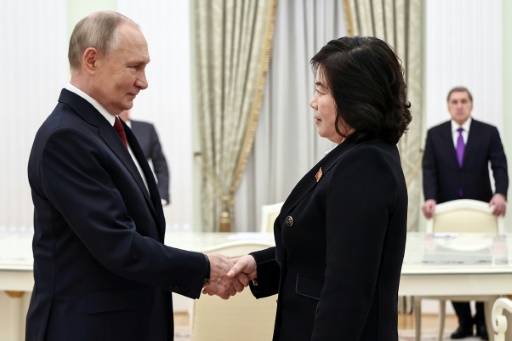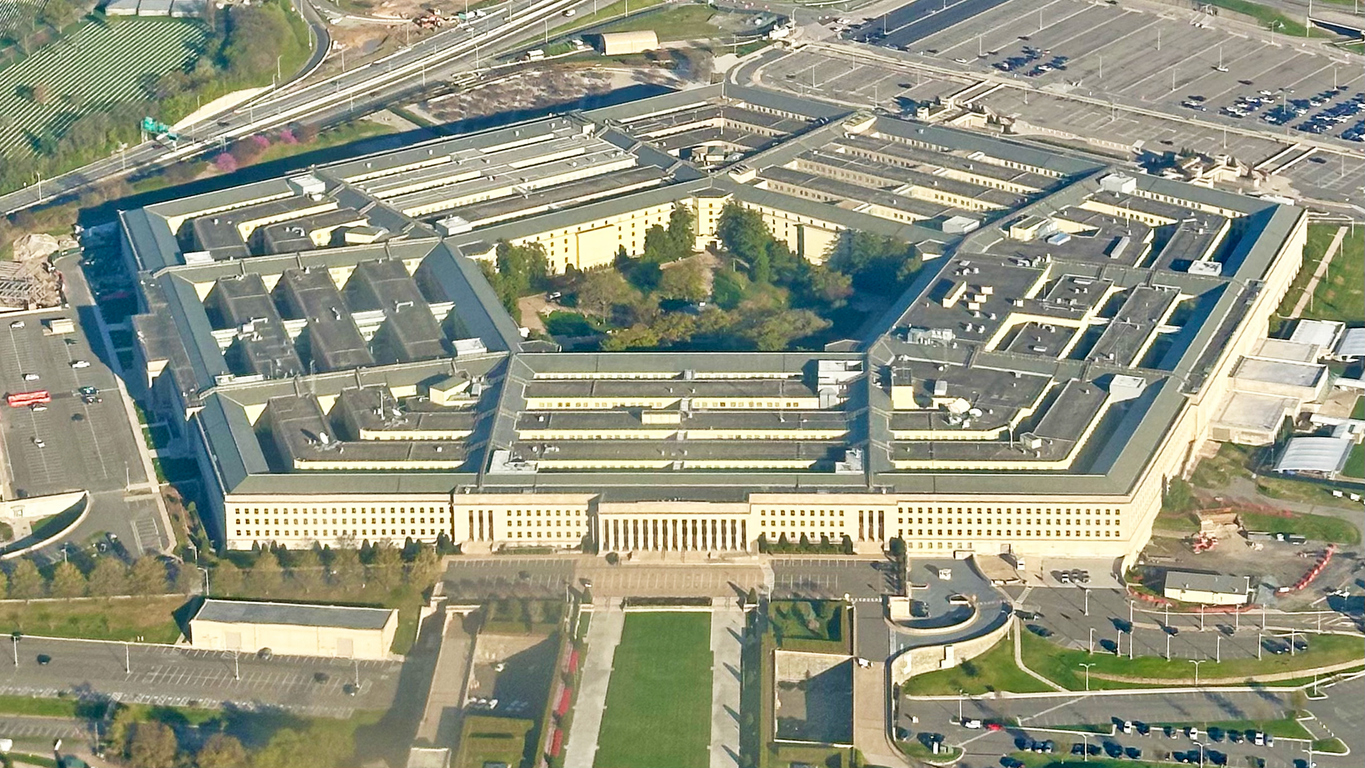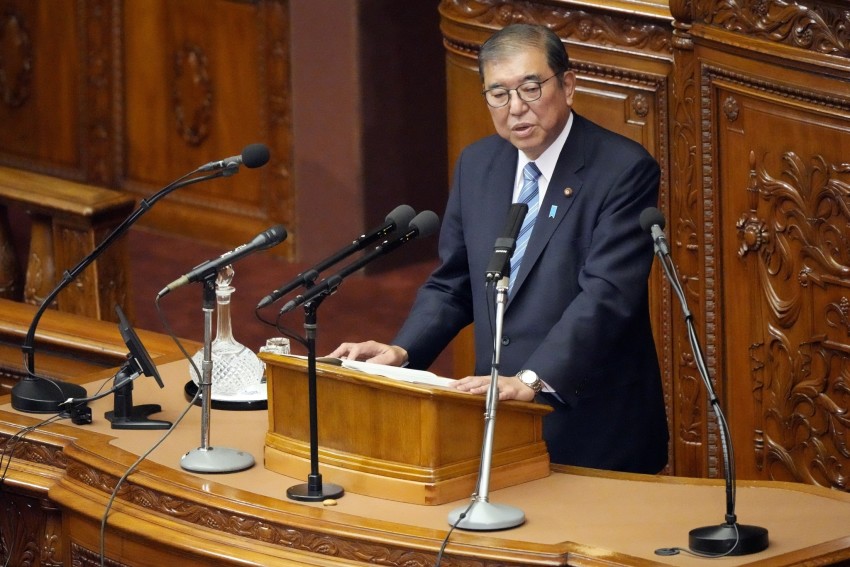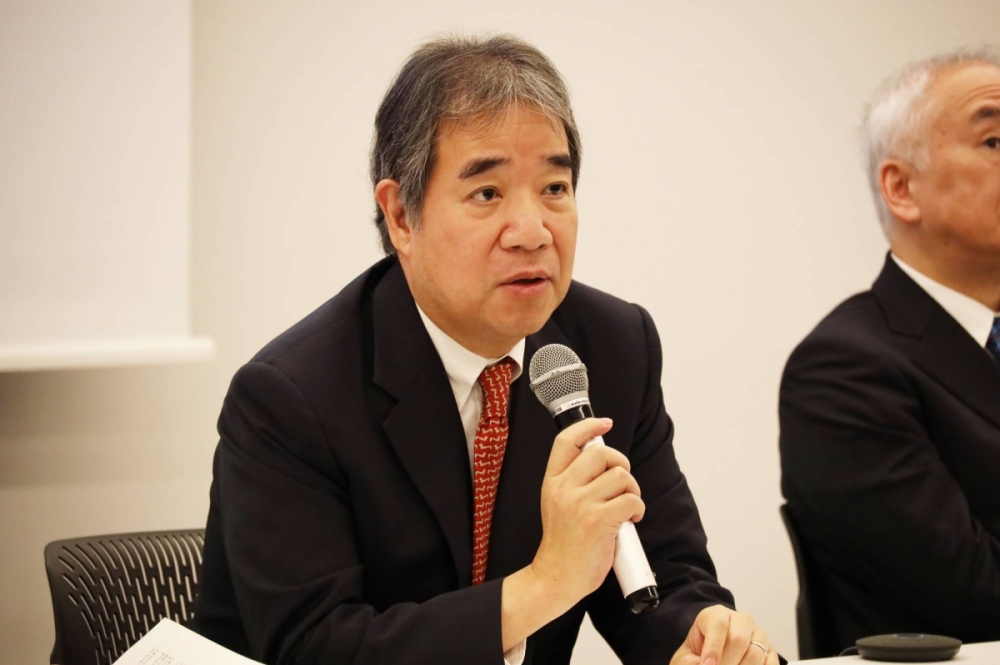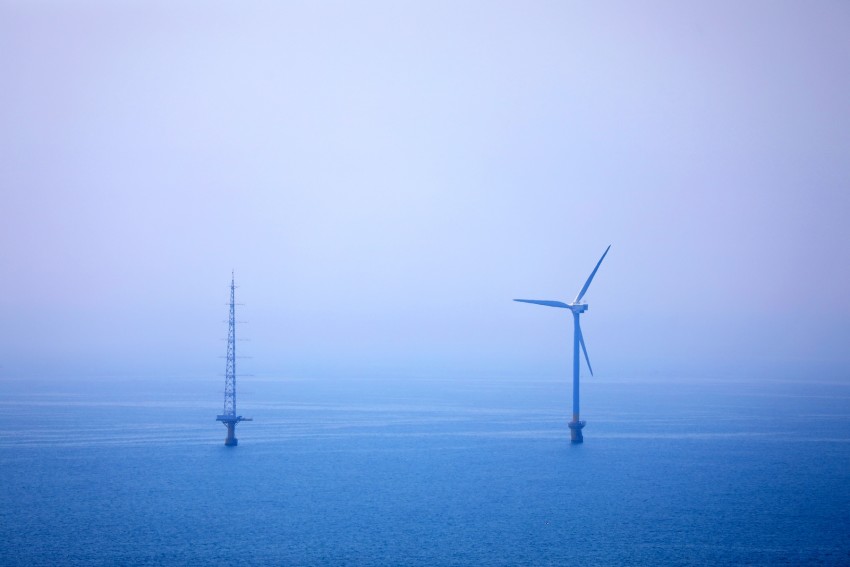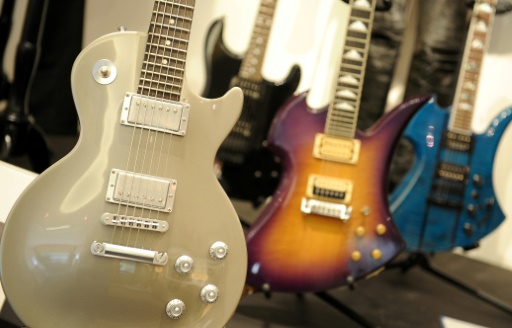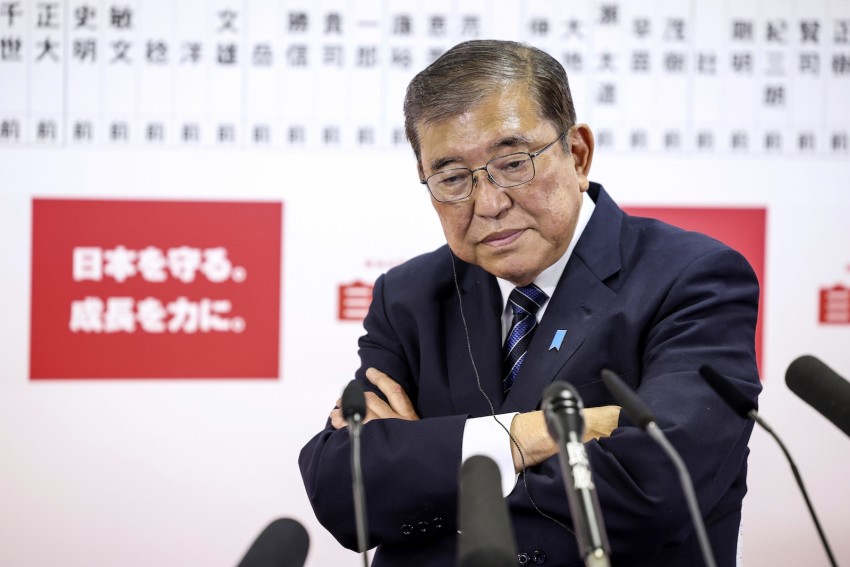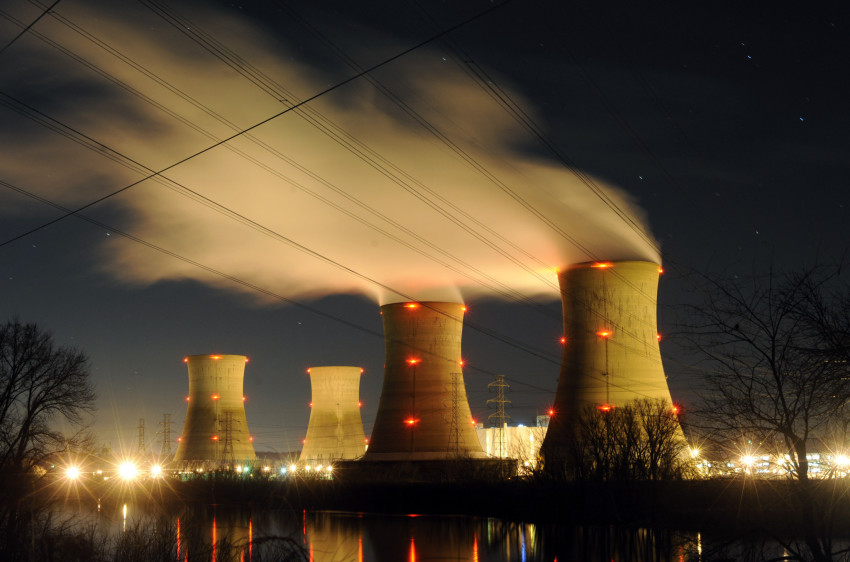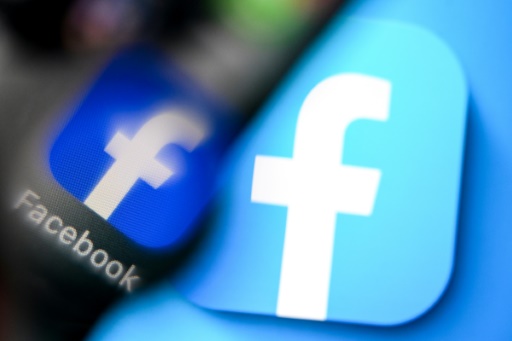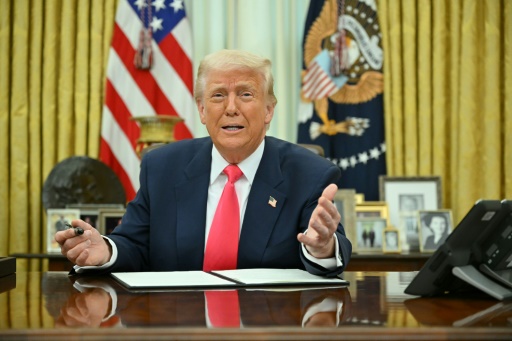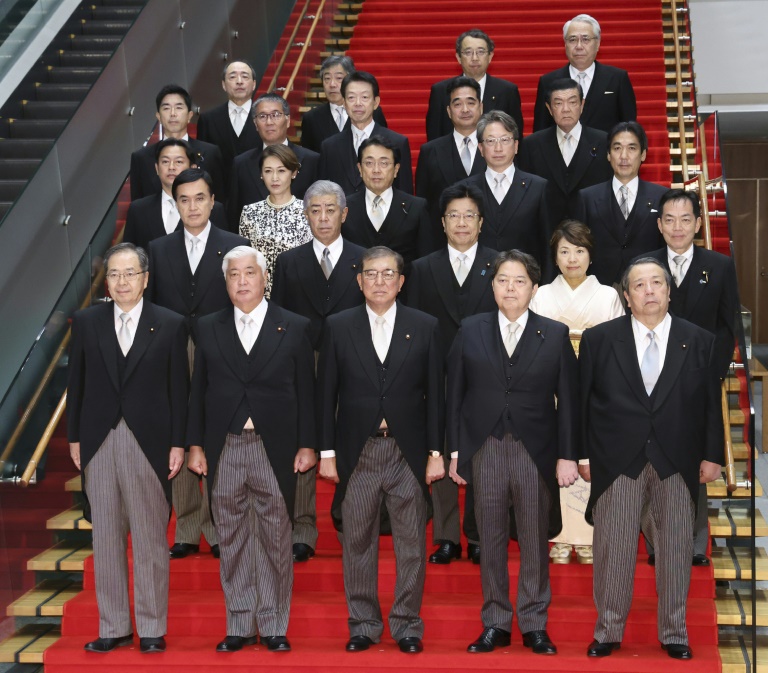Trump calls U.S.-Japan defense pact one-sided as tariff talks loom
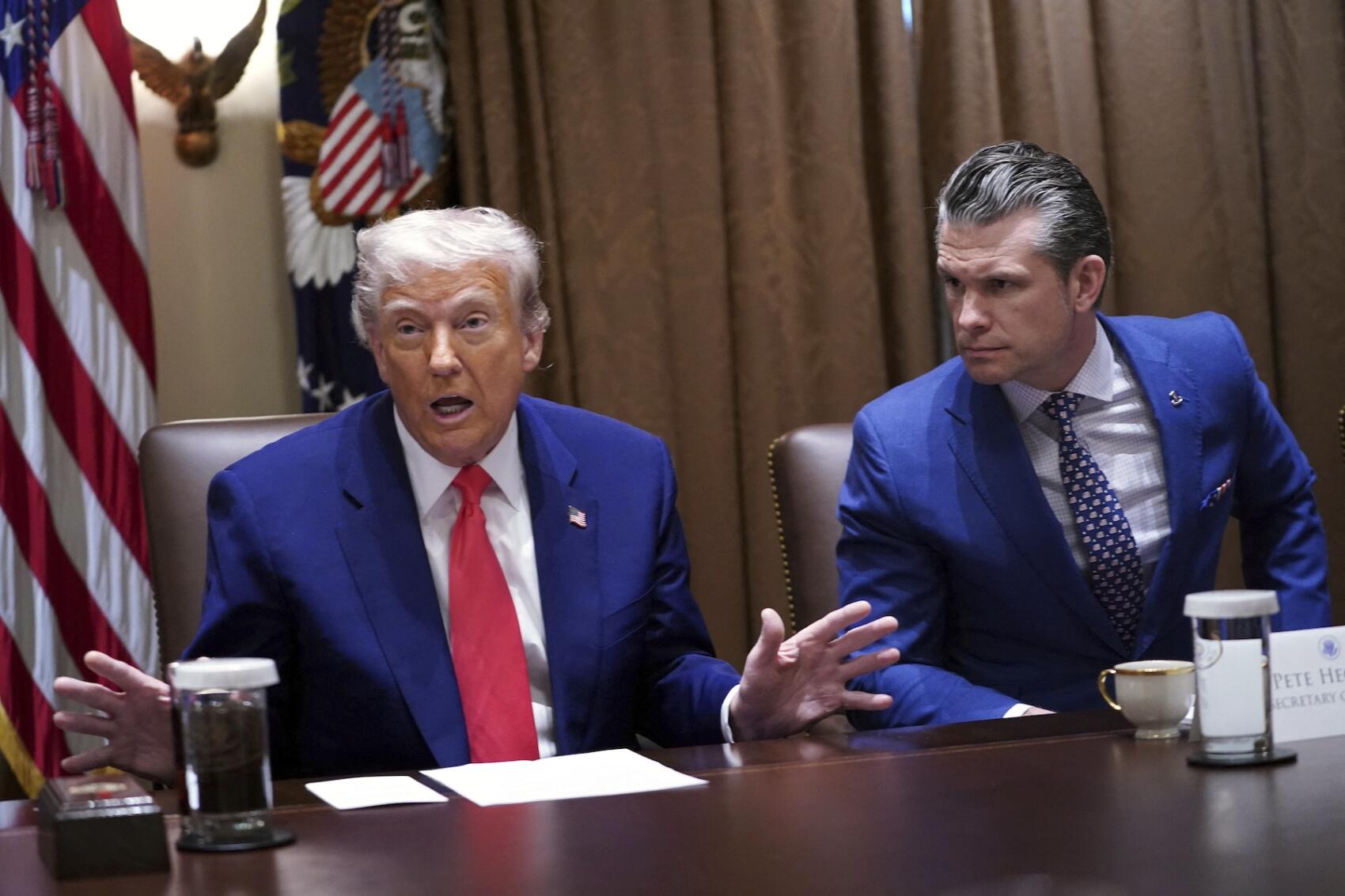
U.S. President Donald Trump on Thursday renewed his complaint that the decades-old U.S.-Japan security treaty is "so one-sided" as Washington and Tokyo are set to negotiate a deal over his tariffs.
"We pay hundreds of billions of dollars to defend them, but...they don't pay anything," Trump told reporters gathered for a Cabinet meeting. "If we're ever attacked, they don't have to do a thing to protect us," he said, sarcastically calling the treaty a "wonderful deal."
It was not the first time he has made such remarks, but the context of his fresh statements on the topic may hint at the path of forthcoming trade negotiations between the two countries.
Trump's comments regarding tariffs suddenly deviated to Japan while he was claiming that the United States has long been treated unfairly in the global trading system.
He said he does not want to criticize China or other countries, but instead places the blame on his predecessors for leaving the United States to struggle with unfair practices.
Referring to the U.S.-Japan security accord, Trump said, "I just wonder who did this, and it's people that either hate our country or didn't care."
"It's just hard to believe how, how bad. Now, that's a little bit of a defense deal, but I'm talking about trade deals, the same thing," he added.
The revised bilateral treaty, signed in 1960, grants the United States the right to have bases on the Japanese archipelago for its military forces and commits it to come to the defense of Japan if the Asian ally is attacked.
Under the pact, over 50,000 U.S. military personnel are stationed in Japan, with more permanently based there than in any other country.
Among major U.S. partners that have trade surpluses with the United States, Japan is at the top of the list for negotiations, the Trump administration has said.
Japan is considering sending a team of negotiators as early as next week.
If all goes smoothly, Ryosei Akazawa, Japan's economic revitalization minister, is expected to meet with U.S. Treasury Secretary Scott Bessent, who will serve as the point man for the talks with the Asian country, according to a source close to the minister.
In addition to trade and tariff matters, the Trump administration has suggested it wants to resolve other outstanding issues with allies such as Japan and South Korea, which also hosts American troops and is under the U.S. security umbrella.
In a lengthy exchange with reporters while the meeting was open to the press, Trump also touched on the fate of Nippon Steel Corp.'s blocked $14.1 billion bid to take over United States Steel Corp.
Trump made it even clearer that he has no intention of allowing the major Japanese company to purchase the iconic but struggling American steelmaker.
"We love Japan, but for a foreign country to buy that cherished U.S. Steel brand, that's hard for me to do," Trump said. "So, as you know, I rejected the deal. Now they've come back in a different form. They're coming back as an investor."

